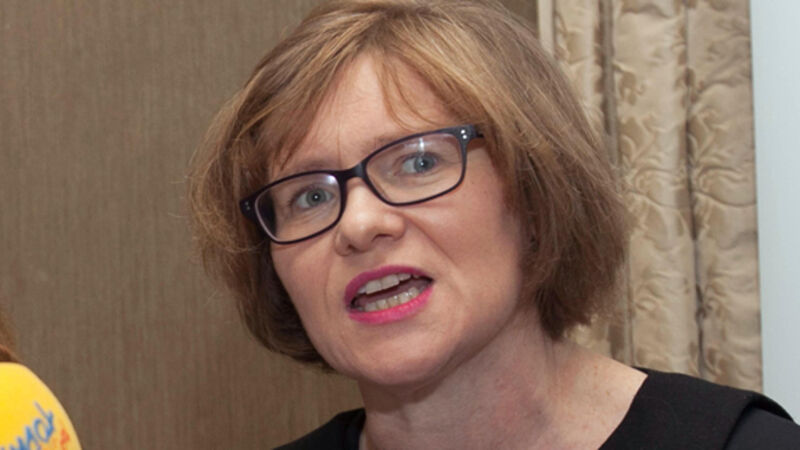Groups concerned at long timeframe for sexual violence report

Concerns have been expressed about the length of time it will take to conduct and publish the long-awaited new study on sexual violence in Ireland.
The National Women’s Council of Ireland (NWCI) and Dublin Rape Crisis Centre (DRCC) both welcomed confirmation by Justice Minister Charlie Flanagan that the study — a follow-up to the groundbreaking 2002 SAVI report — would go ahead.













